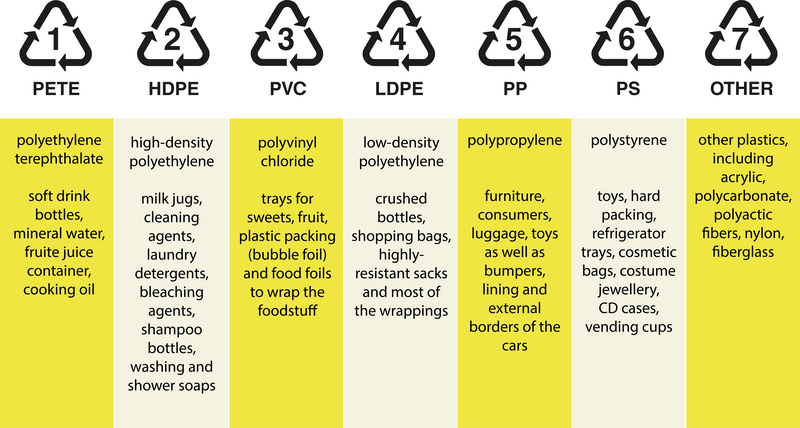Glass Recycling: A Quick Look at Vital Facts
Glass recycling has become an integral part of waste management and environmental conservation. It offers numerous benefits, from reducing landfill use to conserving natural resources. Let's delve into the essential aspects of glass recycling and understand why it is so vital.
Understanding the Basics of Glass Recycling
Glass recycling involves collecting and processing waste glass into usable products. This process helps save energy, reduce waste, and promote a sustainable environment.
Why is Glass Recycling Important?
- Energy Efficiency: Recycling glass uses significantly less energy than manufacturing new glass from raw materials.
- Resource Conservation: It helps conserve raw materials like sand, limestone, and soda ash.
- Environmental Benefits: Reducing glass waste in landfills minimizes the environmental impact.

The Process of Recycling Glass
The process of recycling glass involves several steps, each crucial for creating a sustainable circle of glass production and consumption.
Collection and Transportation
Glass recycling starts with the collection of waste glass from various sources, including residential, commercial, and industrial locations. These include bottles, jars, and other glass containers.
Sorting and Cleaning
Once collected, glass waste is sorted by color and type to ensure quality. Typically, it is separated into three colors: clear, green, and brown. The cleaning process involves removing contaminants such as paper labels, plastics, and any other non-glass materials.
Crushing and Melting
After sorting, the clean glass is crushed into small pieces known as cullet. Cullet is then mixed with raw materials and melted in a furnace. This step is crucial as using cullet in the melting process drastically reduces the energy required.
Reuse and Production of New Glass
The refined molten glass is molded into new glass containers, effectively completing the recycling cycle. It's noteworthy to mention that glass can be recycled infinitely without losing purity or quality, making it one of the most sustainable materials.
Environmental and Economic Impact
Recycling glass not only has positive environmental impacts but also contributes to economic growth. The recycling industry creates jobs and contributes to local economies.
- Job Creation: The glass recycling sector supports thousands of jobs worldwide.
- Cost Efficiency: Using cullet can reduce the costs associated with manufacturing glass.
- Reduction in Landfill Use: By recycling, the amount of waste sent to landfills is significantly decreased.
Challenges in Glass Recycling
Despite its benefits, glass recycling faces certain challenges that need addressing to optimize the process.
Contamination and Quality Issues
- Mixed Materials: Contaminants often hinder the recycling process, making it essential to sort waste correctly.
- Color Sorting: Incorrect color sorting can reduce the quality of recycled glass products.

Steps to Improve Glass Recycling Rates
Efforts to improve glass recycling rates involve a combination of public awareness, advanced technology, and effective legislation.
Public Awareness and Education
Educating the public about the benefits and process of glass recycling can lead to increased participation. Programs in schools, communities, and businesses can make a significant difference.
Technological Advances
New technologies are making the glass recycling process more efficient and less costly. Innovations such as better sorting systems and cleaner furnaces contribute to higher quality end products.
Legislative Measures
Governments play a crucial role by implementing policies that encourage recycling. These may include incentives for businesses and individuals to engage in recycling activities or penalties for non-compliance.
Conclusion
Glass recycling is a vital process that supports environmental conservation and sustainable development. While challenges exist, the benefits it offers to the environment and the economy make it an indispensable component of modern waste management practices. By increasing awareness and investing in innovative technologies, we can improve recycling rates and continue reaping the benefits of glass recycling.
Incorporating glass recycling into daily habits not only contributes to a sustainable future but also underscores a commitment to environmental stewardship. Whether you're an individual, a business, or part of a community, taking small steps in glass recycling can lead to significant positive changes.